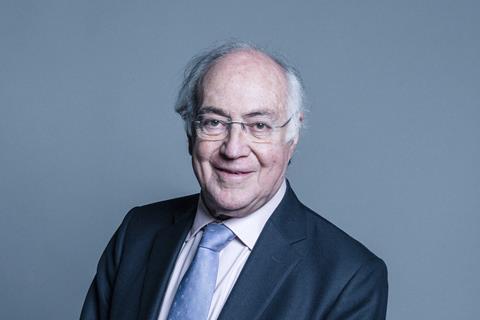The principle of res judicata is long-established, but perhaps former silk Lord Howard missed that particular lecture many moons ago.
The former Conservative leader, who recently described Supreme Court justices as ‘unelected, unaccountable and the product of a process which in many ways resembles a self-perpetuating oligarchy’, used Lord Reed’s appearance before parliament this week to settle a few old scores.
Howard quizzed Supreme Court president Reed about the court’s landmark decision over the prorogation of parliament in Miller (No 2), in particular the court’s findings on article 9 of the Bill of Rights 1688 which prevents ‘a proceeding in parliament’ being impugned by the judiciary.

He asked: ‘The court decided that prorogation was not a “proceeding” because it did not involve any decision and I am wondering: was the court of the view that the authors of the Bill of Rights lacked sufficient command of the English language to insert a reference to decision in article 9 if that was really what they meant? Or was there some other explanation for the court’s conclusion?’
Reed had a go at answering the somewhat loaded question, before eventually saying: ‘We are not accountable for our judgments to any other institution.’
One of his predecessors Lord Hope then chimed in: ‘I took part in the prorogation ceremony and it was the first time I had been told by a court that what I was doing was illegal.’ Cue knowing chuckles.
But former attorney general Lord Falconer was having none of it, pointedly telling Howard that Reed and his deputy Lord Hodge ‘are not here to be told they are wrong’. Obiter wonders why else they made the trip.































4 Readers' comments